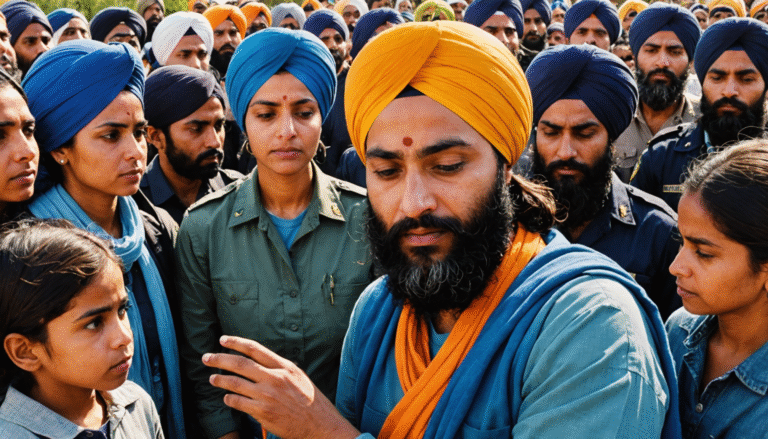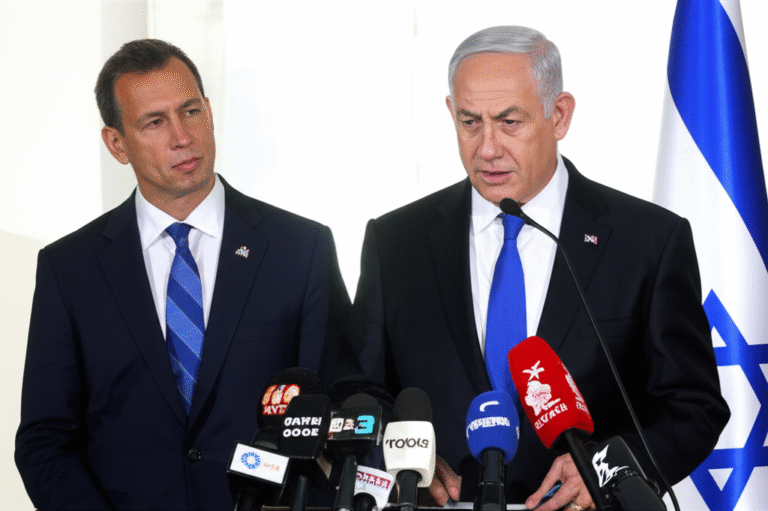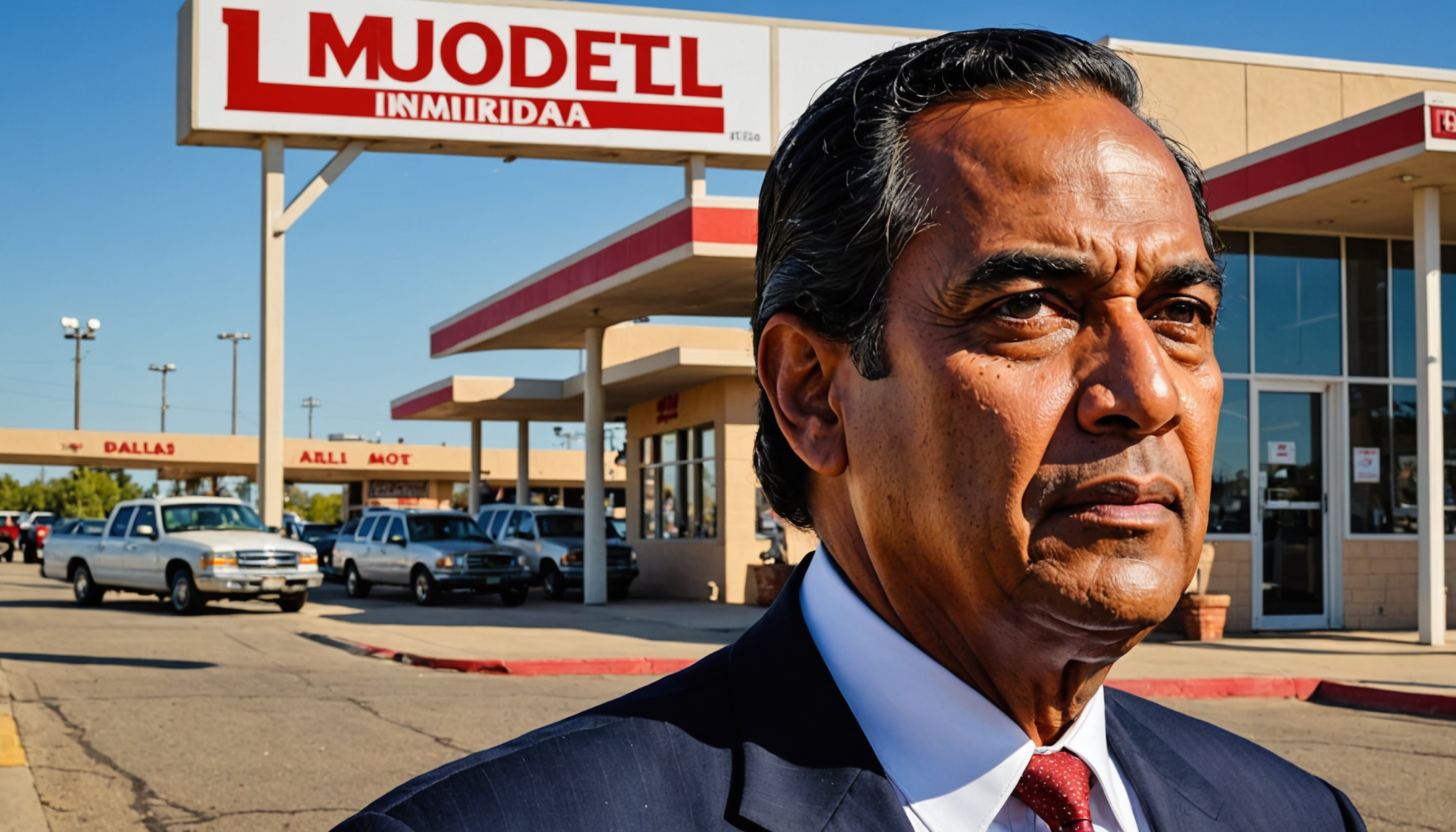
The brutal killing of Chandra Mouli “Bob” Nagamallaiah, a 50-year-old Indian-origin motel manager in Dallas, has prompted strong criticism of US immigration policies from former President Donald Trump. Trump, using his social media platform Truth, condemned the alleged perpetrator, described as an “Illegal Alien,” an undocumented Cuban immigrant with a prior criminal record. Trump asserted the assailant should have been deported, attributing the incident to what he termed lenient immigration policies enacted under his predecessor, Joe Biden. He declared on Truth, “Being soft on these Illegal Immigrant Criminals is OVER.”

Details of the Attack
Nagamallaiah, originally from Karnataka, India, was attacked on September 10 at the Downtown Suites Motel, where he worked and resided. The assault, which involved a machete, occurred in front of his wife and 18-year-old son. The incident has caused significant distress within the Indian-American community. The accused, identified as 37-year-old Yordanis Cobos-Martinez, faces charges of capital murder. US immigration authorities confirmed Cobos-Martinez had been previously detained but released in January 2025 after Cuba declined his deportation.
The Aftermath and Public Response
Nagamallaiah’s funeral took place on September 13 in Flower Mound, Texas. Family and friends attended the service. A fundraiser established to aid his family has reportedly collected over USD 321,326. The incident has reignited discussions about immigration enforcement and the difficulties faced by US authorities in deporting individuals when their countries of origin refuse to accept them. The case highlights the challenges of managing deportation when receiving countries are uncooperative. The high amount raised for the family demonstrates community support and the impact of the tragedy.
Background
The death of the Indian-origin motel manager in Dallas has become a focal point in the ongoing debate about US immigration policies. Former President Trump’s reaction underscores the political sensitivities surrounding immigration enforcement and the consequences of alleged failures in deportation processes. The case involves an individual who was previously detained but released due to Cuba’s refusal to accept his repatriation. This situation has re-energized discussions about stricter immigration controls and the need for international cooperation on deportation matters. The incident serves as a tragic example of the complexities surrounding immigration and border security in the United States.
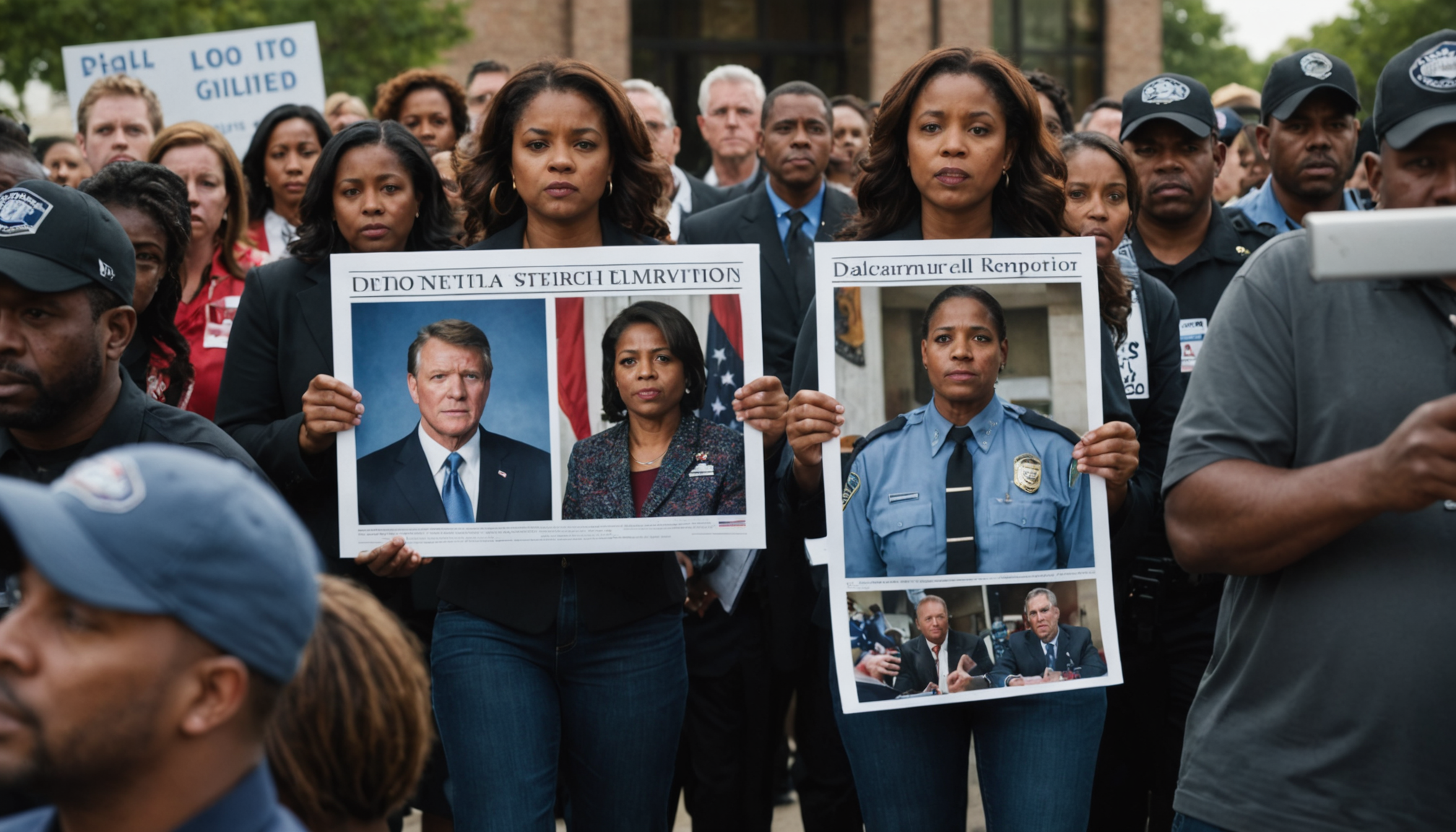
What’s next
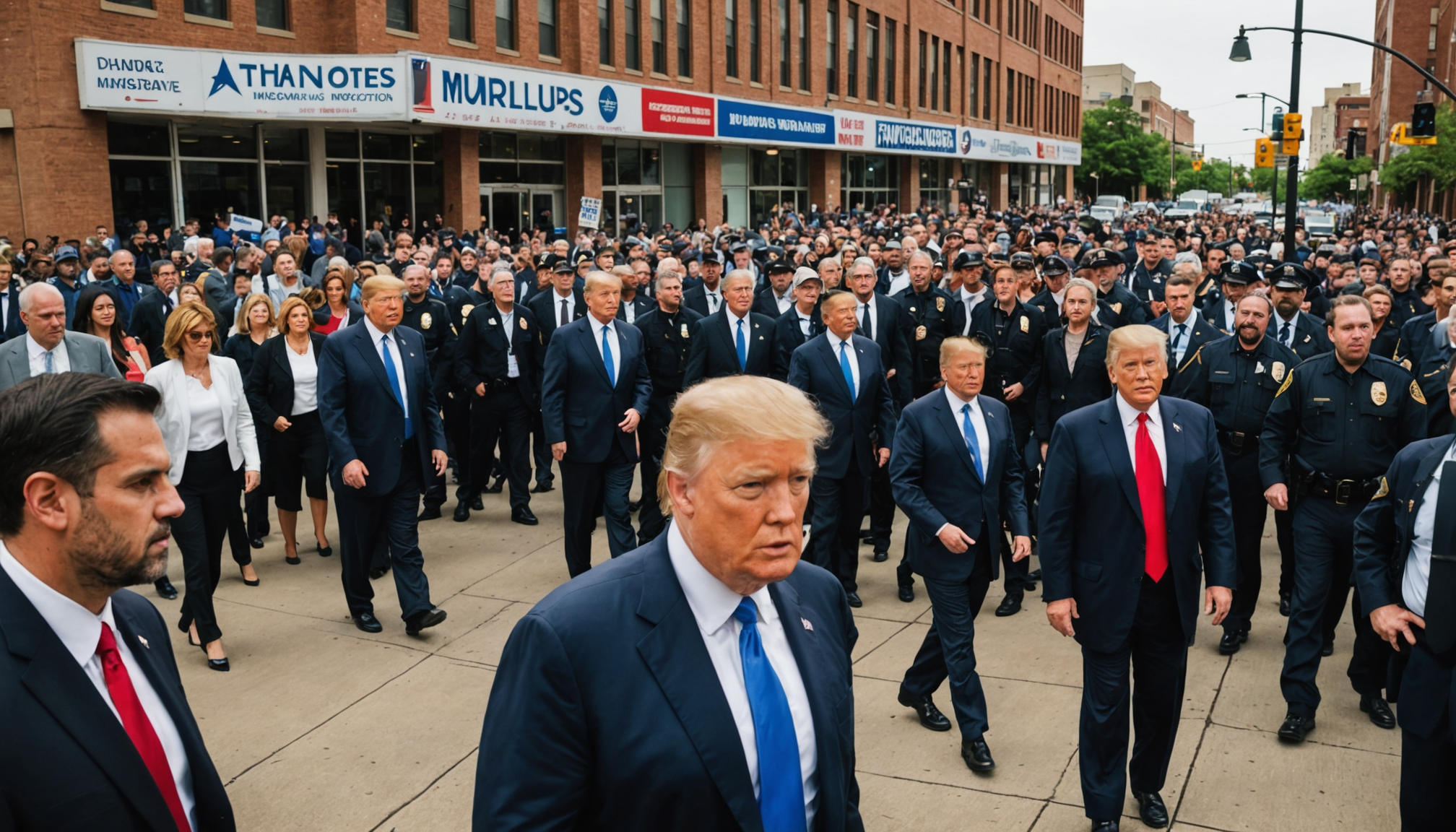
The legal proceedings against Yordanis Cobos-Martinez will continue, with the capital murder charge carrying significant implications. The incident is also likely to continue to fuel the national discussion concerning immigration enforcement in the United States. The high profile nature of this case and Trump’s statements could lead to further political debate. The challenges of managing deportations when countries decline to accept their citizens are also expected to remain a central issue in discussions on immigration policy. The focus will remain on Cobos-Martinez’s trial and how the case might influence future immigration policy debates and legislation.
- Chandra Mouli “Bob” Nagamallaiah, an Indian-origin motel manager, was murdered in Dallas.
- The alleged perpetrator, Yordanis Cobos-Martinez, is an undocumented Cuban immigrant with a prior criminal record.
- Trump criticized what he called lenient immigration policies, stating that the assailant should have been deported.
- A fundraiser for Nagamallaiah’s family raised over USD 321,326.
- The incident has renewed debate over immigration enforcement.
The case of Nagamallaiah’s murder underscores the complexities of immigration enforcement and the ongoing debate surrounding the issue in the United States. [Source]





